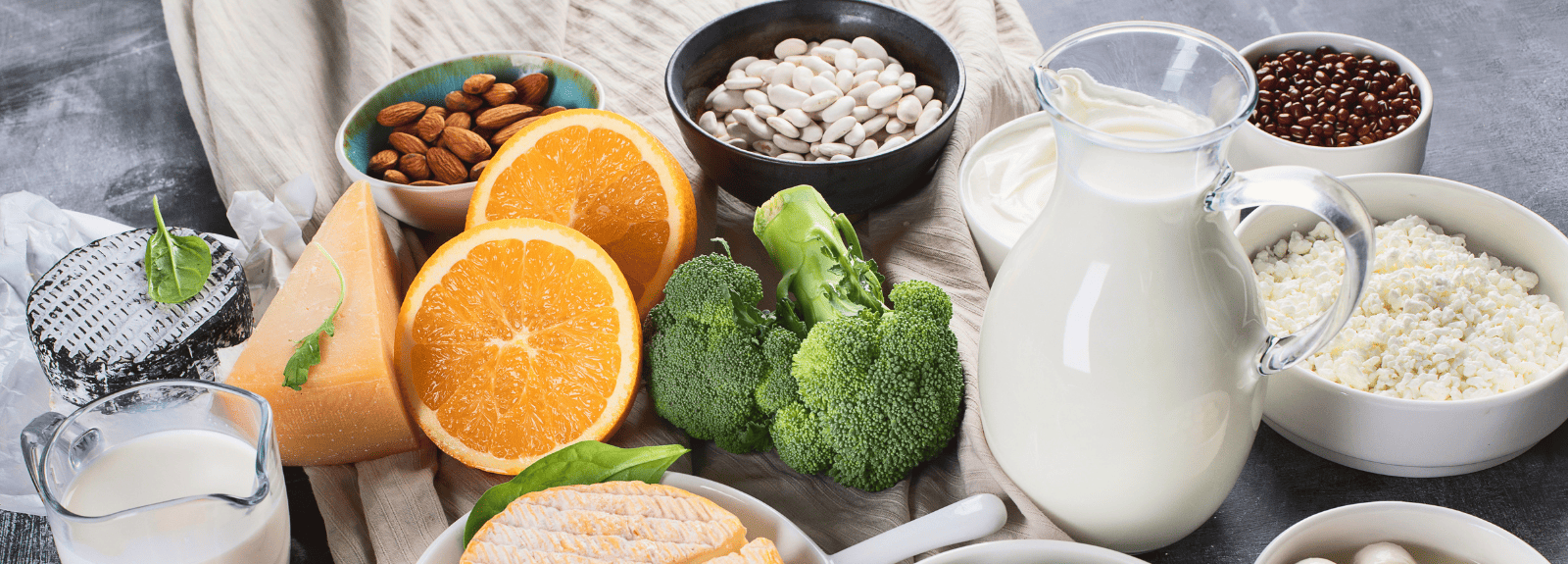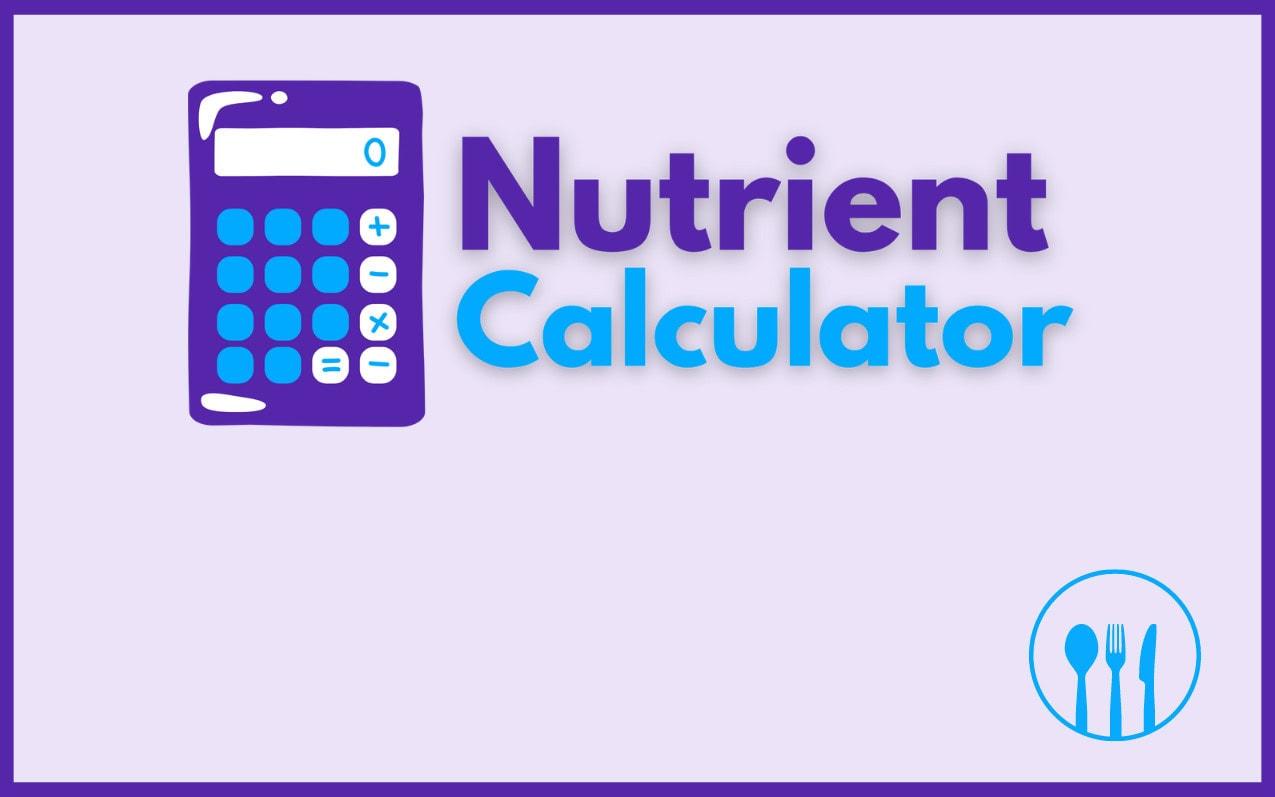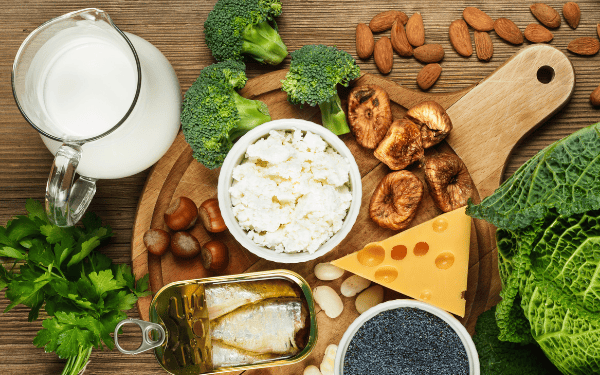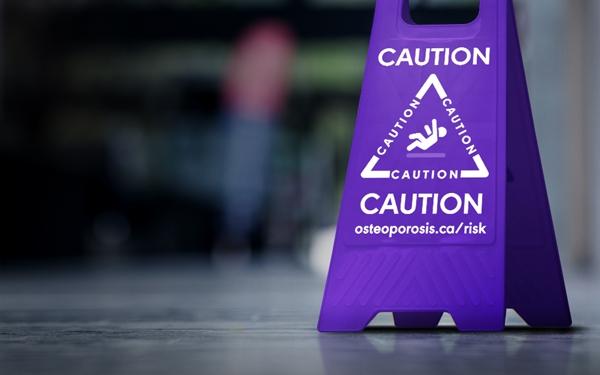

Calcium
Adequate calcium intake can slow bone loss and reduce the risk of fracture.
Bone is a living tissue, that is constantly renewing and repairing itself from everyday wear and tear. Calcium is crucial to maintain life and just about every cell in the body requires calcium to function. The body regulates calcium so that it is available wherever and whenever it is needed.
Bones are a calcium reservoir, so if we don’t provide our bodies with enough calcium on a daily basis, it will be taken from our bones. This will result in fragile bones and an increased risk of broken bones.
Calcium is one of the building blocks of our bones. It helps to build and maintain bone strength.
It also:
- helps muscles contract so we can move our body
- helps the heart stay on rhythm to keep a regular heartbeat
- helps support nerve function
If it is not possible for you to get enough calcium through diet alone, a supplement may be helpful. It is important to speak to your healthcare provider about calcium supplements, as they can have some side effects.
Extra calcium from foods is not harmful, however extra calcium from supplements may be. If you are already getting enough calcium in your diet, there is no need to take a supplement.
How Much Calcium Do We Need?
Calcium is essential to helping the remodeling process stay balanced. However, like many nutrients, calcium is absorbed less effectively as we age. Studies of older adults show that adequate calcium intake can slow bone loss and reduce the risk of fracture.
Osteoporosis Canada recommends that whenever possible to get calcium through food sources, choosing a variety of foods to get the Recommended Daily Allowance (RDA).
Calcium Recommended Daily Allowance (RDA)
(this includes your diet and supplements)
Females: 19-50: 1000mg daily | >51: 1200mg daily
Males: 19-70: 1000mg daily | >70: 1200mg daily
Did you know?
Not all food sources that list calcium as a nutrient are absorbed by the body.
Many foods contain calcium however, the calcium in some foods such as sesame seeds, rhubarb, Swiss chard and spinach is not well absorbed due to their oxalate content. Oxalates bind calcium prohibiting calcium absorption.
They have other nutrients but are not a good source of calcium when calculating your daily intake.

Nutrient Calculator
Are you getting the daily required amount of each bone building nutrient? Use the Nutrient Calculator to calculate your approximate daily intake for each nutrient.

Calcium Supplements
If it is not possible for you to get enough calcium through diet alone, a supplement may be helpful.

Food Sources of Calcium
See our list of Food Sources of Calcium for some inspiration. If you are sensitive to dairy or prefer to avoid it, there are other alternative sources of calcium to choose from.

Recipes
Osteoporosis Canada is working to provide strategies, new ideas and develop recipes to help you get the bone building nutrients needed for bone health. Check out the selection of recipes.


